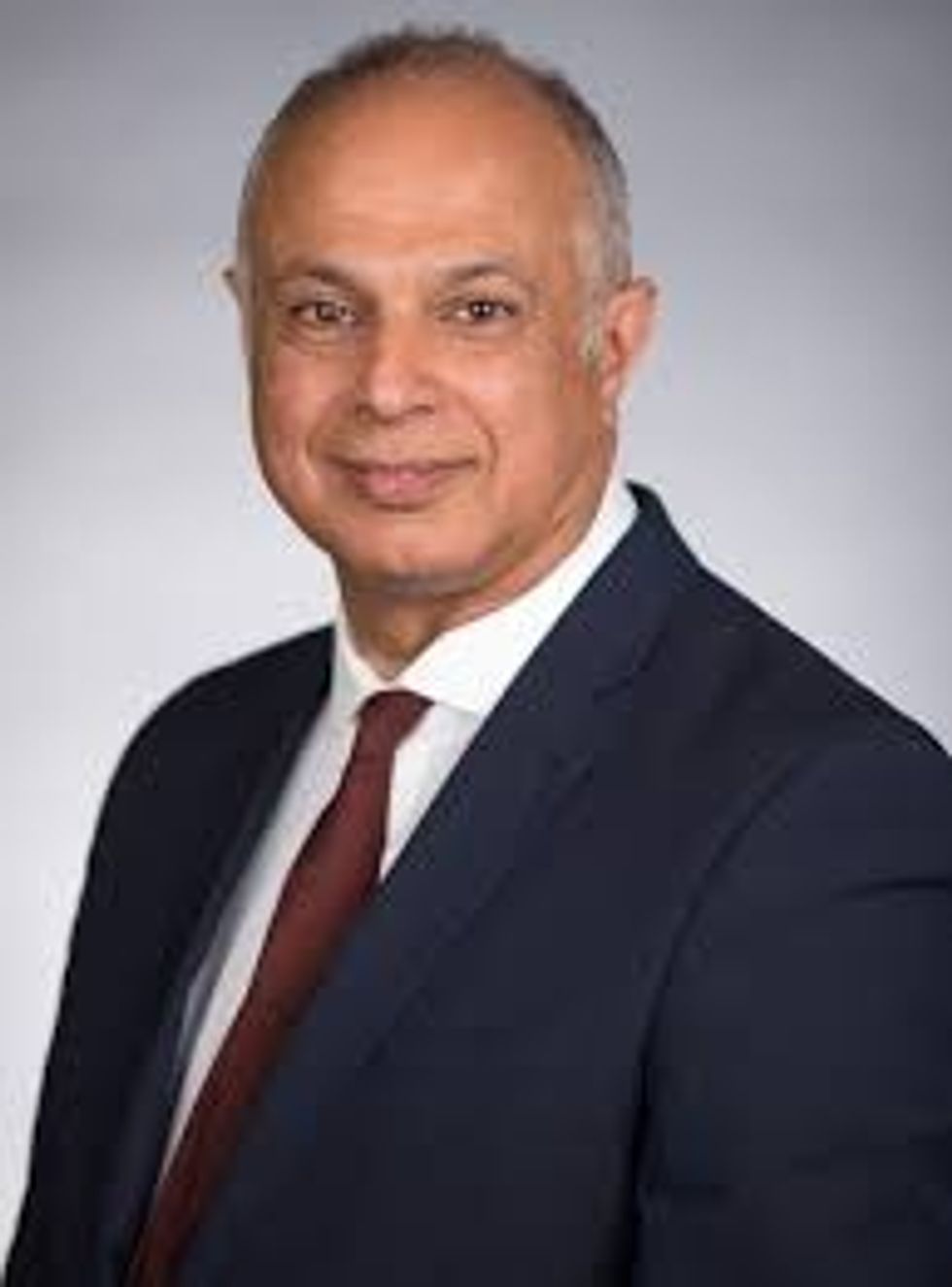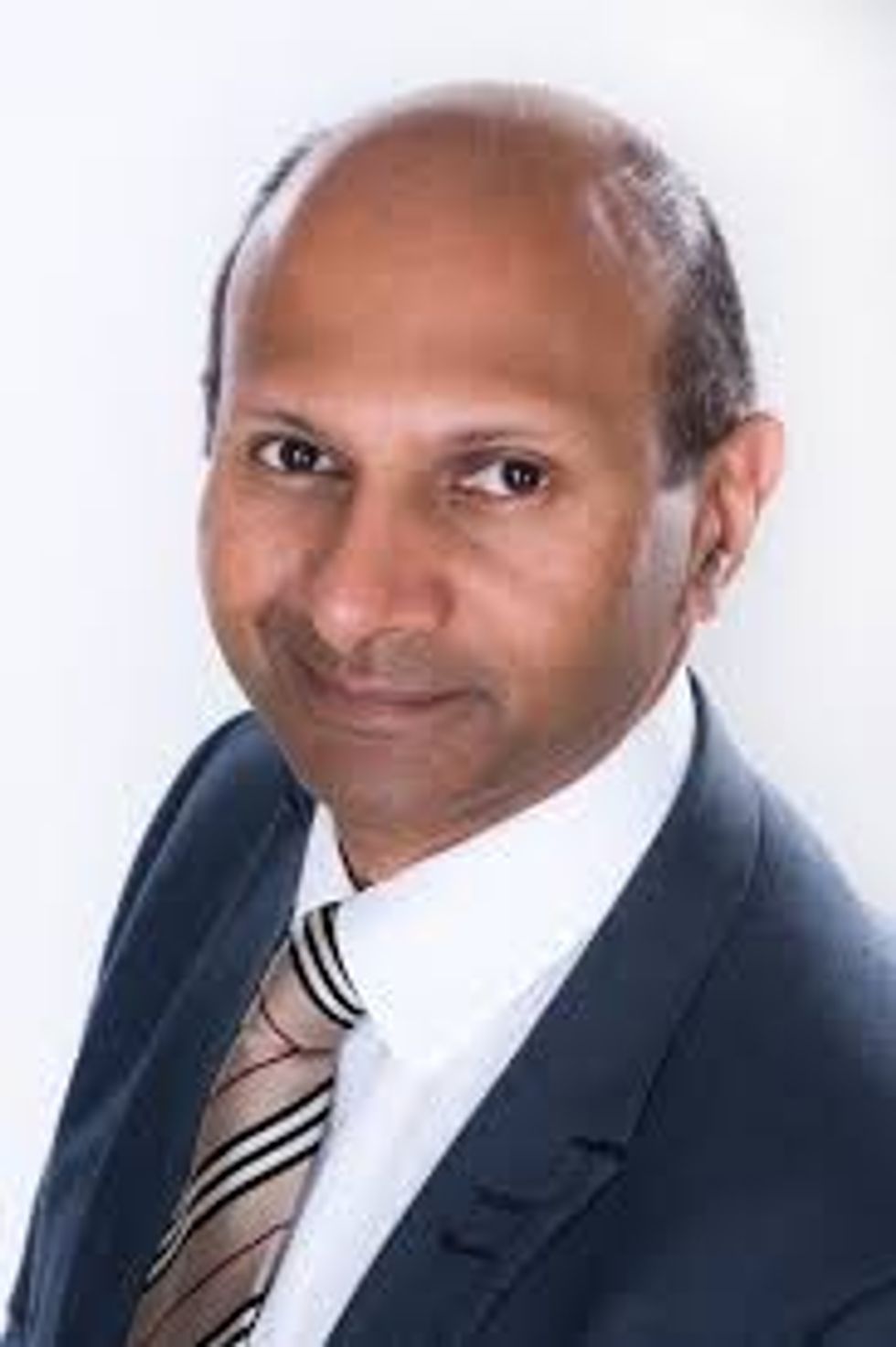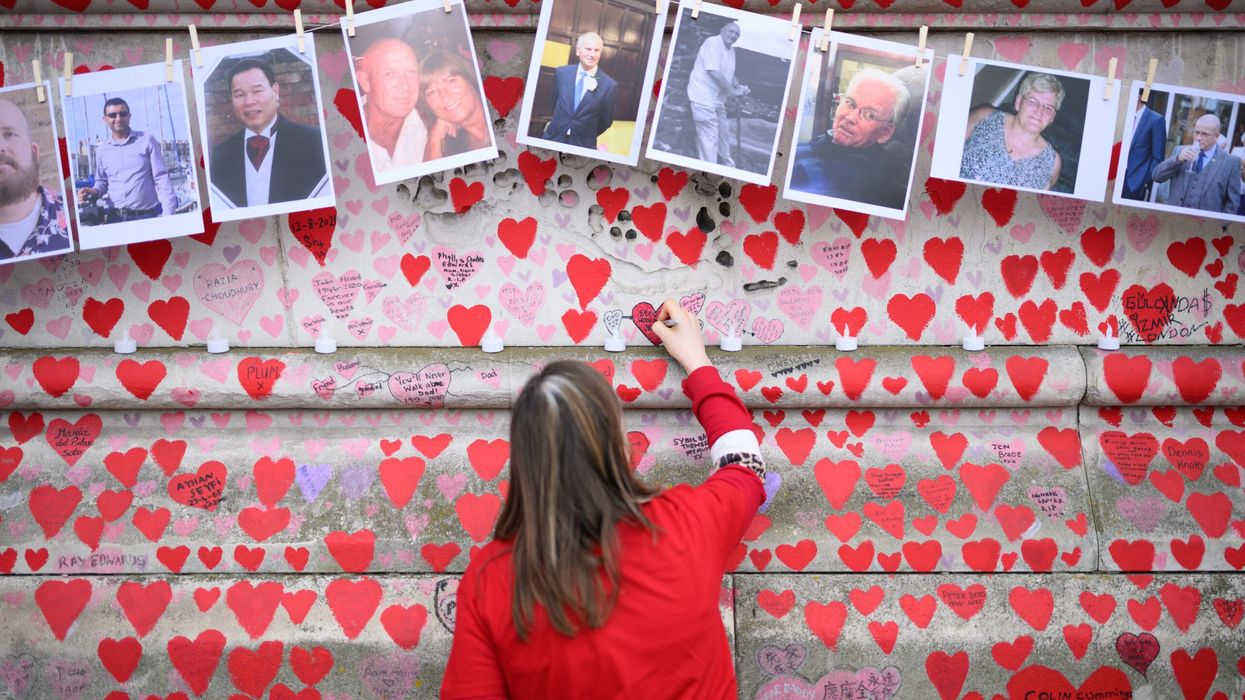A leading disease specialist has questioned whether Britain is ready to tackle the next global pandemic.
Kamlesh Khunti, professor of primary care diabetes and vascular medicine at the University of Leicester, was one of several south Asian doctors who alerted the government to the disproportionate deaths among communities of colour during Covid.
He was speaking at the 25th anniversary of the founding of the South Asian Health Foundation (SAHF).
“The next pandemic is not if but when it is going to come, and we need to be ready,” he told an audience of fellow medical professionals at a House of Lords celebratory dinner last week (10).
“We've learned lots of lessons from this current pandemic, and there's been lots of work that's been done.
“But if we are to reduce the risks, and SAHF will be here when the next pandemic comes, and SAHF will be ready.
“What we really need to do to reduce this risk is to act on everything that we have learned.
“It's really the widest social determinants of health, which we knew well before the pandemic, that we need to reduce, and I hope you will help us get that lesson across to everyone who is influencing these decisions.”
Health inequalities
Khunti said the pandemic laid bare the health inequalities facing south Asian, black and minority communities.
He reminded the room how on 1 April 2020 he put out a social media post warning of a potential disproportionate danger among south Asians.
Trolls accused him of scaremongering, he said.
But three days later, data from an intensive care unit report showed south Asian and black people represented about 35 per cent of the beds, compared to their population level of 14 per cent.

Khunti, a SAHF trustee, said south Asian doctors acted quickly to warn the chief medical officer, Professor Sir Chris Whitty, who took their concerns very seriously.
“Was it a surprise that we were affected so severely in ethnic minorities?” he asked.
“Well, not quite, the data was already there, if we’d only looked at it.
“Covid is a respiratory disease, but there's been lots of other respiratory disease in the past.
“We've had pandemics for influenza, and if you look at the data now, because we've looked at lot more data for Covid than we did for influenza, it was laid bare already that ethnic minorities were affected more.
“They don't get the vaccinations as much as the white population.
“They get more hospital admissions during pandemics, and they have all the risk factors that are inherent in getting Covid.
“So, having the health inequalities such as cardiovascular disease, diabetes, obesity, these are all risk factors for other risk diseases as well.”
Educating communities
He said the work carried out by SAHF was instrumental in educating communities about the dangers they were in.
Indian doctors used the infographics which were designed and published by the foundation in different south Asian languages, he said.
Khunti said the country learnt invaluable lessons from Covid.
“It was a huge amount of work that was done, and many others from the ONS [Office for National Statistics] started doing work on inequalities, showing that it wasn't just the conditions that we have, but it was the wider determinants of health that was causing this,” said the SAHF trustee.
“You take into account housing, you take into poverty, you take into multi-generational households, then your risk is reduced drastically.
“The modelling studies that we and others did showed that if you take 25 per cent of people out of poverty, you reduce the risk of Covid mortality by 50 per cent in ethnic minorities.
“You take 50 per cent of people out of poverty, you really have a level playing field, there is no increase in mortality among ethnic minorities.
“It was the wider determinants that was playing the role.”
Hope
Another SAHF trustee, Dr Sarah Ali, a consultant in diabetes and endocrinology at the Royal Free London, told the audience that health in the UK had worsened.

“It is disappointing that in 2024, probably as a consequence of the Covid 19 pandemic, the cost-of-living crisis and the economic instability, our nation's health has, in some regards, gone backwards and not forwards.
“If we look at the life expectancy of the poorest women, it's gone backwards rather than forwards.
“The health gap is at risk of widening and not narrowing.
“I see it with my patients who are from low socio-economic class, from ethnic minority groups.
“But unfortunately, I also, as a south Asian woman who has survived stage three breast cancer, and I, as a carer and advocate for my aging and frail south Asian mother, have unfortunately seen health inequalities at first hand.
“Quite often I wonder if I hadn't been an NHS doctor, would my and my mother's health outcomes have been different?
“Sadly, I think they might have been, and I wouldn't have been able to navigate the healthcare system in the way I did.”
Ali said there was cause for hope because of the work of the foundation.
SAFH’s expertise would continue to highlight the challenges south Asians and other minorities faced, caused by health inequalities, she said.
“We need to hear more voices from the communities that we serve,” Ali concluded.
“We need to mandate training and cultural competence and socio-economic competence.
“We need more research pathways and national policies for our communities, but most of all, we need to act now.”
Campaign
Professor Kiran Patel, chief medical officer at University Hospitals Birmingham, founded SAHF 25-years ago.

He described how as a registrar in Bristol, a son of a Sikh patient, who had had a heart attack, challenged the NHS to do better after hearing the advice given to his father by a rehabilitation nurse.
It spurred Patel to create an organisation which exposed health inequalities, something which still inspired him to fight for minority patients today.
“It's been a journey of three things, which are really important,” he said, “advocacy, because somebody needs to speak up for the underprivileged.
“Education, because we need to arm our staff with knowing what they need to do, which is evidence based.
“And empowerment at a community level, we need to inform our communities of what they should expect.
“We've had a journey with some great people, many of you in this room, to share that with us.
“It’s great to see that the NHS is now investing in making this a really important topic in terms of health inequalities.
“So, for the next 25 years, I really hope we can bring health inequalities to a full stop, but we'll do well to bring it to a pause, if we can.”




